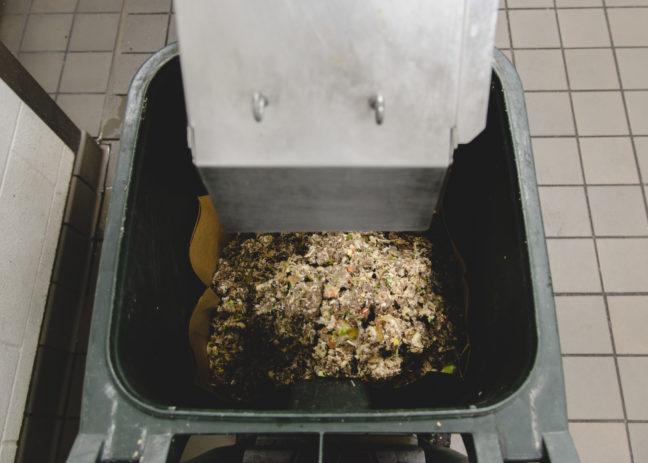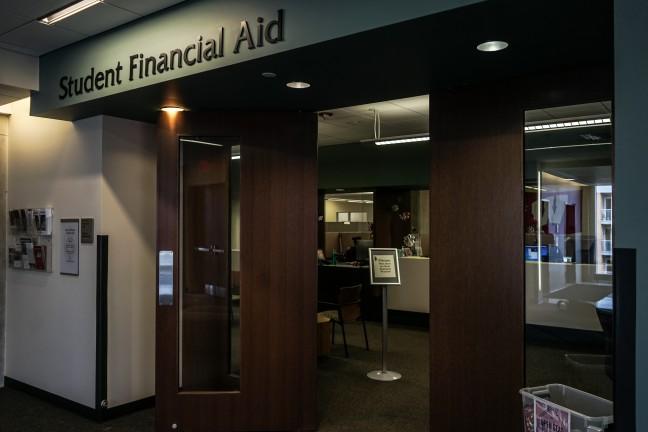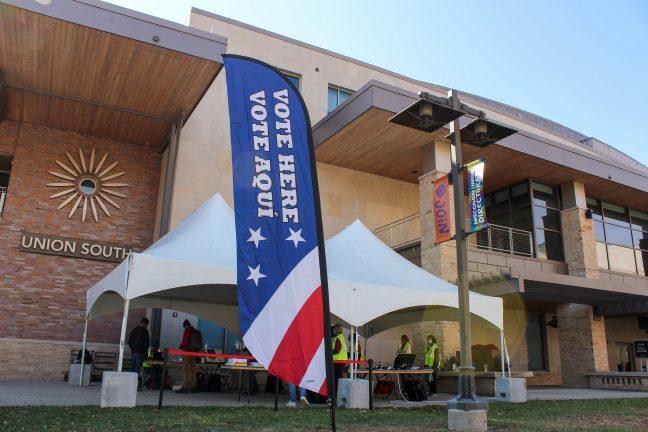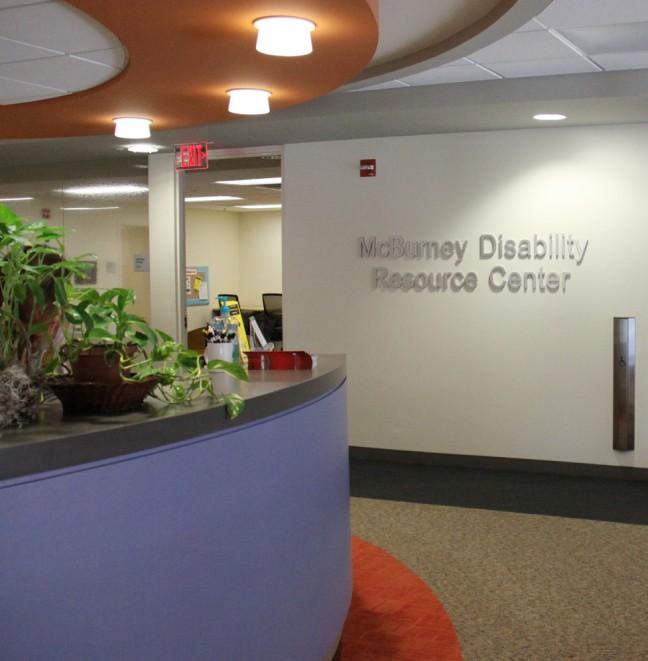Composting is recognized as one of the easiest ways to prevent food waste in today’s world. According to the EPA’s food recovery hierarchy, more sustainable options exist — such as source reduction, feeding excess food to hungry people or animals and biofuel conversion — but when these options are not possible, composting is the most effective way to help reduce food waste and create new, fertile soil.
This practice not only helps prevent food waste from entering a landfill — where the carbon will be wasted — but it also creates nutrient-rich soil that is ready to plant. This soil is often rich with nitrogen and phosphorus, minimizing the need for additional fertilizers before planting. An EPA study from 2015 suggests national waste consists of 26.5% paper product, 7.5% wood, 7.6% yard trimmings and 16.4% food scraps. All of these products waste away in landfills, year after year, releasing methane that may or may not be captured or used.
Letter to the Editor: ‘Return to normal’ feels like dismissal of what we have lost
The University of Wisconsin created a composting program in 2008 collecting food scraps from dining halls. These scraps were sent to the West Madison Agricultural Research Station to be converted. This program successfully composted for years, until the loads started to become contaminated with silverware and other non-compostable materials, forcing the facility to send these loads to a landfill. UW overcame these challenges by switching facilities and opting to go through an anaerobic digestion facility instead.
Contamination of compost loads is a constant concern when running a compost program but the digestor seemed to alleviate most of the concerns. Fortunately, this digestor helped control the amount of contamination via a sorter known as a depackager.
But this agreement ended on July 30, 2021 when the university’s contract was canceled with the anaerobic digester company, partially due to the COVID-19 pandemic. Two bids were sent out via the university to other private composting facilities, but both were rejected, leaving the school without an option to send their scraps. At the time of this publication, UW still does not have any plans to restart a composting program, only offering concerned students a survey to fill out.
Letter to the Editor: It’s time to say goodbye to international student fees
For a school with a world-renowned environmental science institute, not having a compost program comes as a surprise. We can do better.
There are many universities around the country that have declined to use private companies to process their compost and have opted for full-cycle composting programs run themselves. The University of Maine and Lincoln University in Nebraska both opted to install in-vessel composting systems on campus and have seen great success in their programs. UW could easily purchase one of these in-vessels with the help of a state grant, reaffirming its position as a top environmental science school.
Students can help pressure the university to reintroduce a compost program by filling out the survey on the Office of Sustainability’s website and by emailing administrators directly. By reimplementing composing at UW, we can help maintain a more sustainable campus and help divert food waste on a large scale.
Krister Martensson ([email protected]) is a sophomore majoring in environmental science.




















